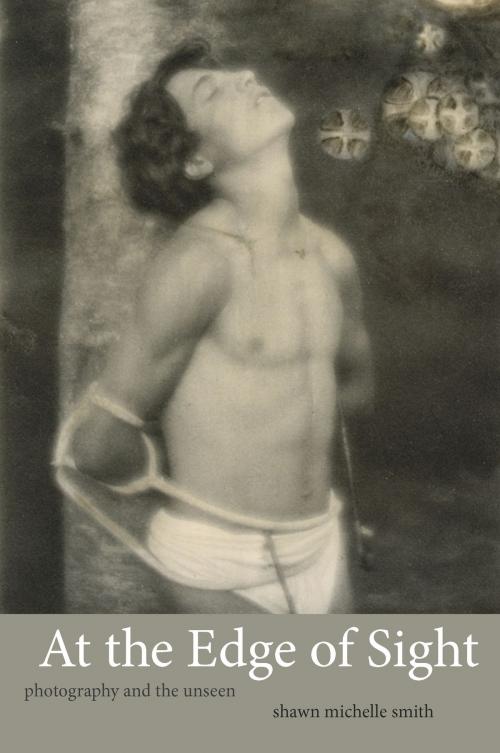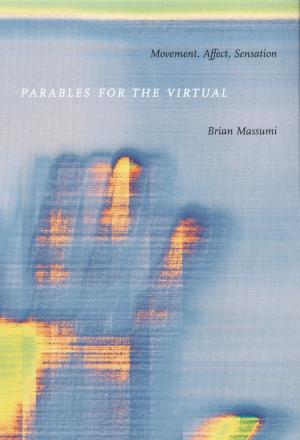At the Edge of Sight
Photography and the Unseen
Nonfiction, Art & Architecture, Photography, Pictorials, History, Art History| Author: | Shawn Michelle Smith | ISBN: | 9780822378266 |
| Publisher: | Duke University Press | Publication: | November 4, 2013 |
| Imprint: | Duke University Press Books | Language: | English |
| Author: | Shawn Michelle Smith |
| ISBN: | 9780822378266 |
| Publisher: | Duke University Press |
| Publication: | November 4, 2013 |
| Imprint: | Duke University Press Books |
| Language: | English |
The advent of photography revolutionized perception, making visible what was once impossible to see with the human eye. In At the Edge of Sight, Shawn Michelle Smith engages these dynamics of seeing and not seeing, focusing attention as much on absence as presence, on the invisible as the visible. Exploring the limits of photography and vision, she asks: What fails to register photographically, and what remains beyond the frame? What is hidden by design, and what is obscured by cultural blindness? Smith studies manifestations of photography's brush with the unseen in her own photographic work and across the wide-ranging images of early American photographers, including F. Holland Day, Eadweard Muybridge, Andrew J. Russell, Chansonetta Stanley Emmons, and Augustus Washington. She concludes by showing how concerns raised in the nineteenth century remain pertinent today in the photographs of Abu Ghraib. Ultimately, Smith explores the capacity of photography to reveal what remains beyond the edge of sight.
The advent of photography revolutionized perception, making visible what was once impossible to see with the human eye. In At the Edge of Sight, Shawn Michelle Smith engages these dynamics of seeing and not seeing, focusing attention as much on absence as presence, on the invisible as the visible. Exploring the limits of photography and vision, she asks: What fails to register photographically, and what remains beyond the frame? What is hidden by design, and what is obscured by cultural blindness? Smith studies manifestations of photography's brush with the unseen in her own photographic work and across the wide-ranging images of early American photographers, including F. Holland Day, Eadweard Muybridge, Andrew J. Russell, Chansonetta Stanley Emmons, and Augustus Washington. She concludes by showing how concerns raised in the nineteenth century remain pertinent today in the photographs of Abu Ghraib. Ultimately, Smith explores the capacity of photography to reveal what remains beyond the edge of sight.















